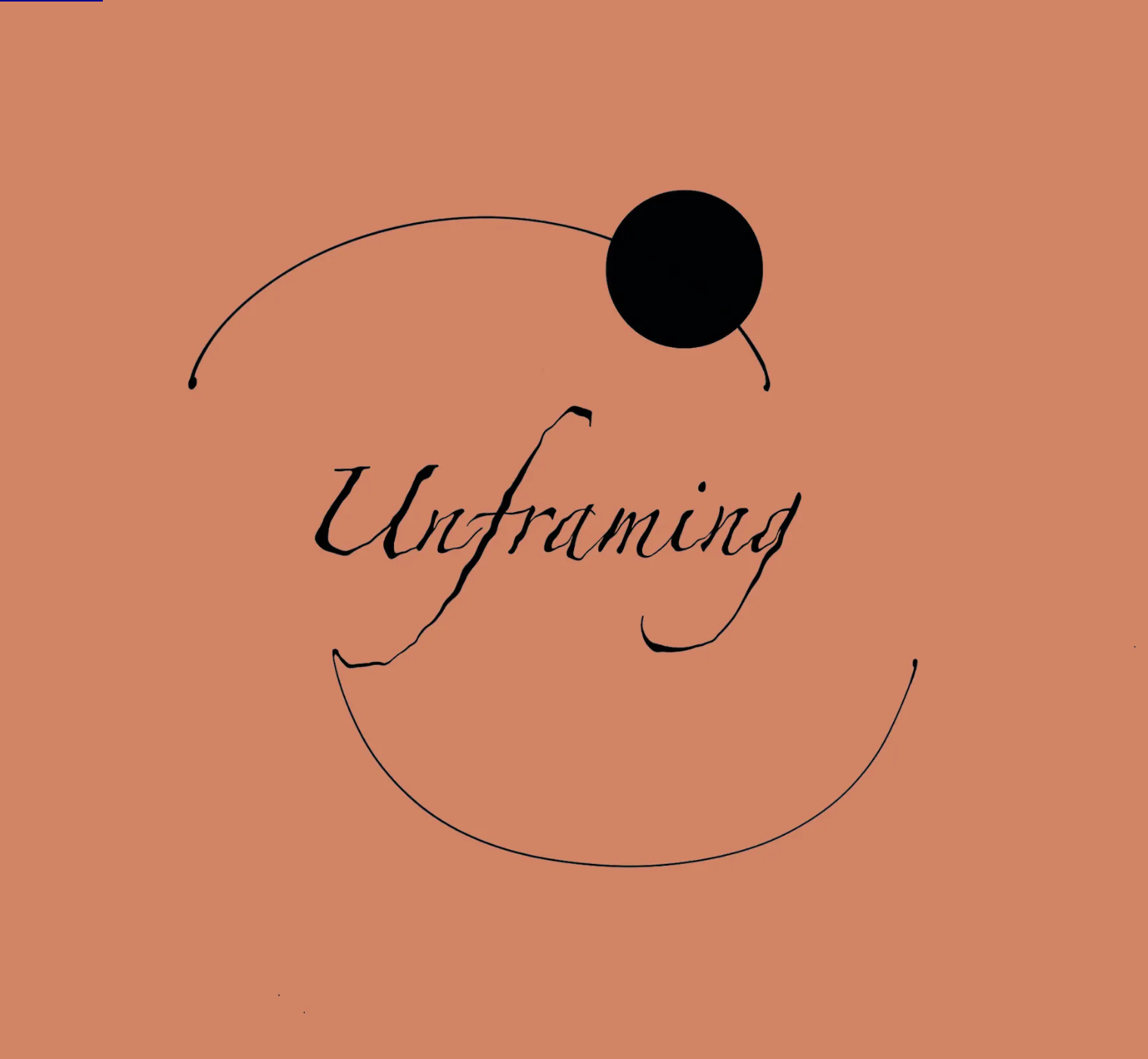HOW WE FILL OUR DAYS AND NIGHTS
It's my third day in New York City. I’m not only here to revisit the places I once photographed or uncover new places linked to my study of the interplay between identity and spaces and of their inherently political nature. I also aim to explore photographic records at the Lesbian Herstory Archives.
It's my third day in New York City. I’m not only here to revisit the places I once photographed or uncover new places linked to my study of the interplay between identity and spaces and of their inherently political nature. I also aim to explore photographic records at the Lesbian Herstory Archives.
[...]
I realise I need to look closely and critically at my journalistic practice of objectivity – my first job was at a press agency, where I covered court trials – because it cannot do justice to the place-bound identities and lived experiences of queer communities. It’s time to welcome a perspective that embraces speculation and imagination without distorting factual reality. As I contemplate this, I come across writers whose work inspires me in its willingness to embrace subjectivity.
Both Annie Proulx and Rebecca Solnit have emphasised the pivotal role of subjectivity in crafting compelling narratives and storytelling. Proulx writes that to uncover the truth, particularly regarding distressing subjects, one must embrace subjectivity. Solnit underscores the importance of melding facts with emotion to effectively convey messages.
Read here my essay How We Fill Our Days and Nights.
I realise I need to look closely and critically at my journalistic practice of objectivity – my first job was at a press agency, where I covered court trials – because it cannot do justice to the place-bound identities and lived experiences of queer communities. It’s time to welcome a perspective that embraces speculation and imagination without distorting factual reality. As I contemplate this, I come across writers whose work inspires me in its willingness to embrace subjectivity.
Both Annie Proulx and Rebecca Solnit have emphasised the pivotal role of subjectivity in crafting compelling narratives and storytelling. Proulx writes that to uncover the truth, particularly regarding distressing subjects, one must embrace subjectivity. Solnit underscores the importance of melding facts with emotion to effectively convey messages.
Read here my essay How We Fill Our Days and Nights.
The Master of Photography & Society of the Royal Academy of Art (MAPS), The Hague, and Trigger collaborate on a series of contributions on ‘unframing’ in photography. Master students critically reflect on how their practices attest to dimensions of unframing.
At the MA Photography & Society (Royal Academy of Art, The Hague) we have felt the creative urge to actively engage in the conversations shifts through experimentations taking place in the photographic contemporary landscape. This act of engaging has resulted in the birth of the exhibition lab ‘Unframing & Unfolding Photography’ with the students from the second year of the program.
– Guest editor and curator Nuria Bofarull.
Read here the Introduction of Unframing
– Guest editor and curator Nuria Bofarull.
Read here the Introduction of Unframing
Direct link to my essay How We Fill Our Days and Nights: https://fomu.be/trigger/articles/how-we-fill-our-days-and-nights
Direct link to the Introduction of Unframing by guest editor Nuria Bofarull: https://fomu.be/trigger/articles/introduction

